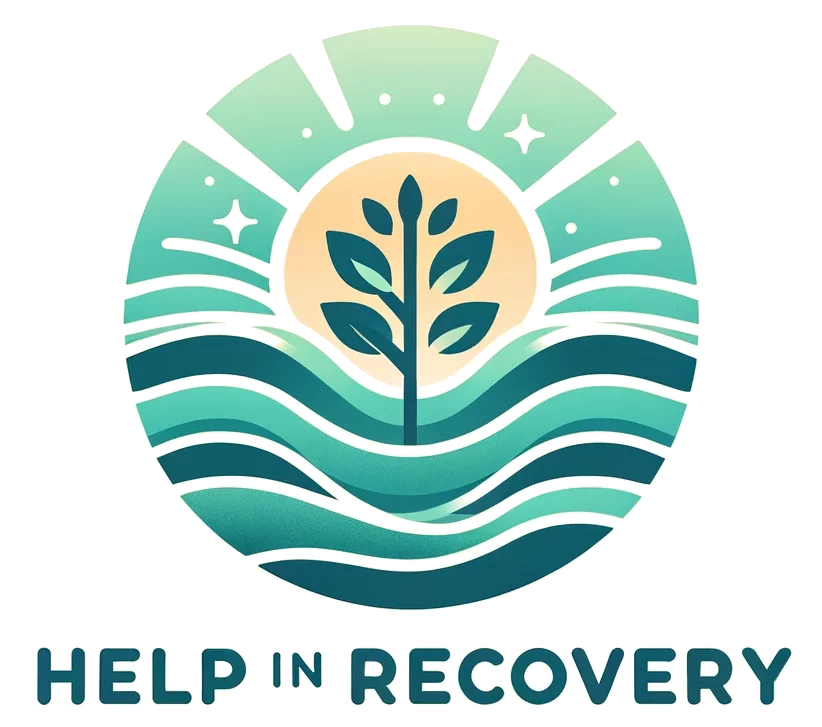What is a Recovery Coach?
Introduction – What is a Recovery Coach
Recovery coaching has emerged as a pivotal support system in the journey towards sobriety, offering a unique blend of guidance, accountability, and empowerment distinct from therapy or sponsorship.
Understanding Recovery Coaching
Recovery coaching is a client-centered partnership that enhances an individual’s ability to make positive changes, navigate recovery challenges, and achieve long-term recovery goals.
The Role of a Recovery Coach
Unlike therapists or sponsors, recovery coaches offer a practical and forward-thinking approach to sobriety, supporting recovery’s emotional, informational, instrumental, and affiliation aspects.
Types of Support Offered
- Emotional Support: Offering empathy and understanding to help clients navigate the emotional challenges of recovery.
- Informational Support: Providing valuable resources and information to educate and empower individuals in their recovery journey.
- Instrumental Support: Assisting with practical aspects such as job hunting or finding housing.
- Affiliation Support: Connecting clients with support groups and community resources to foster a sense of belonging and mutual support.
Certification and Training
Prospective recovery coaches undergo rigorous training and certification, ensuring they are well-equipped to provide practical support. Key organizations offering certification include The International Coach Federation and The Connecticut Community for Addiction Recovery.
Benefits of Having a Recovery Coach
The benefits of engaging a recovery coach are manifold, from preventing relapse and enhancing accountability to improving overall life satisfaction and stability.
The Recovery Coaching Process
A nuanced and tailored approach helps clients set realistic goals, develop comprehensive recovery plans, and adapt strategies as their needs evolve, ensuring a sustainable recovery journey.
How Recovery Coaching Differs
Recovery coaching stands out from therapy and sponsorship by focusing on the future rather than past traumas, working for the client as a paid, professional service, and providing a holistic, action-oriented support system.
Finding the Right Recovery Coach
Selecting the proper recovery coach involves considering factors such as experience, certification, personal compatibility, and specific recovery needs, ensuring a productive and supportive coaching relationship.
Conclusion
Recovery coaching represents a transformative support mechanism in the realm of addiction recovery, offering tailored guidance, accountability, and empowerment to those seeking a sober, fulfilling life. For a complete guide to recovery coaching, read our comprehensive article.







